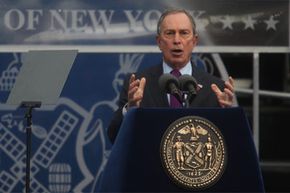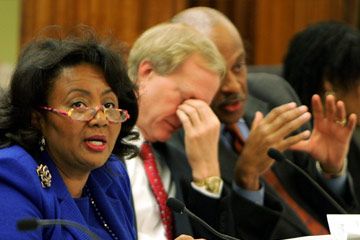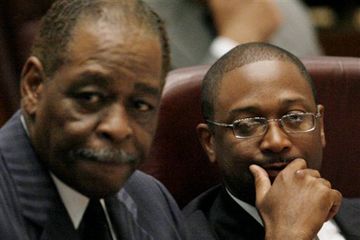Although the national government gets a lot of face time in civics classes and the news media, local governments in America play a key role in people's day-to-day lives. Cities are an intricate part of the local government system, and since they vary greatly in size, population and politics, there's no one way run them. At the same time, a city can't succeed without some kind of management to keep it going.
In some cities, that management and authority come directly -- and indirectly -- from the mayor. Depending on the size and power structure set up by a city's charter or statutory laws, a mayor can play either an important or a minor role in a city's development and future.
Advertisement
In New York City, where the population is more than 8 million, the mayor has a major governing role with both national and local politics weighing on the position. In a much smaller city, though, a mayor might have more of a ceremonial role, participating in special occasions or welcoming important guests.
As the United States has grown, the position of the mayor has adapted. Many cities still have mayors, even if their duties have more to do with public relations than with the city's administration. On the next few pages, we'll take a look at some of the responsibilities mayors can have, how they are elected and who works under them. We'll also take a look at how mayors of larger cities work together to bring their urban agendas before Congress, and the President, to ensure the success of cities nationwide.
Let's go on the next page to learn more about what a mayor does.
Advertisement


